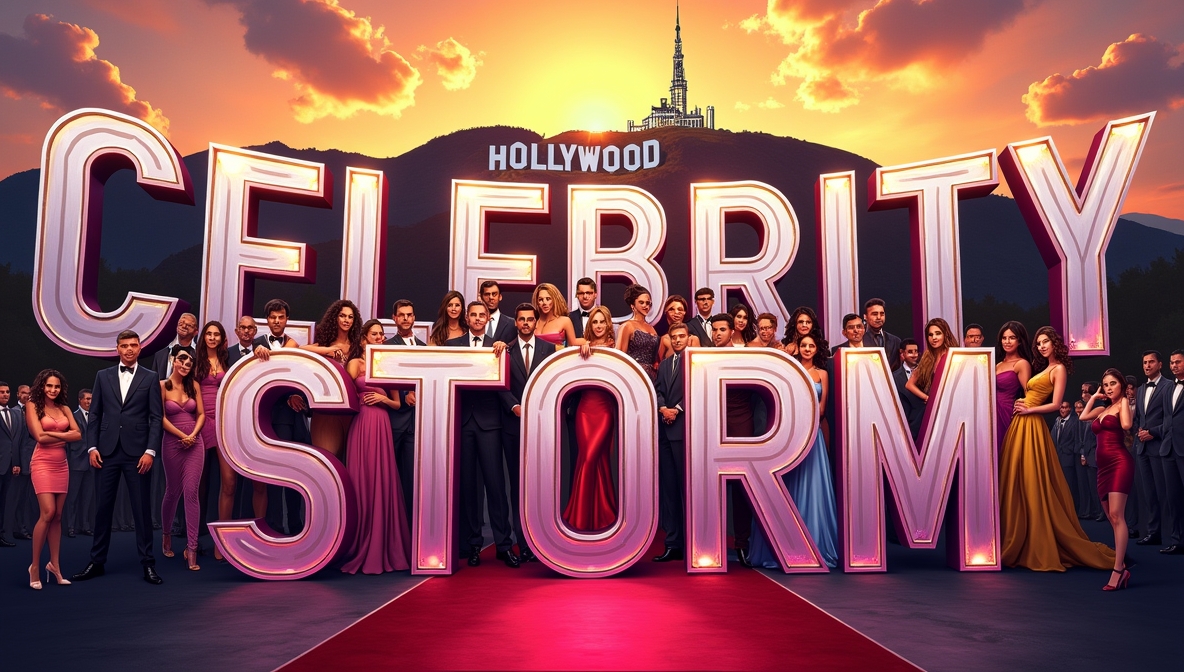Jamie Lee Curtis Pushes Back After Time Pans Freakier Friday: Why Fans and Scores Disagree

Zoe Bennett here. Objective reporting, insightful analysis—let’s begin. Jamie Lee Curtis has publicly pushed back against a scathing Time magazine critique of Freakier Friday, the body‑swap sequel that reunites Curtis and Lindsay Lohan.
On the film’s opening weekend, a Time review excerpt shared to Instagram labeled the sequel as unnecessary and pointed to “ugly costumes” and “humiliating scenarios,” arguing the picture exists primarily to “cash in on the fondness people have for the original movie and nothing more.” Curtis, 66, did not let that criticism pass quietly. She replied on Instagram, “SEEMS a TAD HARSH. SOME people LOVE it. Me being one.” The comment quickly amassed more than 17,000 likes and hundreds of supportive responses from fans, who praised both the reunion and the movie’s entertainment value.
The exchange highlights a disconnect between a few high‑profile critical takes and audience reception. Rotten Tomatoes currently shows a split that underscores the divide: critics give Freakier Friday a 73 percent approval rating while audiences rate it at 93 percent. That gap is a useful data point for understanding how nostalgia‑driven sequels often polarize critics and general viewers.
Directed by Nisha Ganatra, Freakier Friday opened in theaters on Friday as a follow‑up to Disney’s 2003 Freaky Friday, which originally paired Curtis and Lohan in a mother‑daughter body swap. The new film scales up the premise into a four‑way swap, involving Lohan’s character’s daughter (played by Julia Butters) and a soon‑to‑be stepdaughter (Sophia Hammons). Returning cast members include Mark Harmon, Chad Michael Murray, Rosalind Chao, Ryan Malgarini, Stephen Tobolowsky and Lucille Soong, giving the sequel continuity and a stable ensemble.
Curtis has also been vocal about her role in getting the sequel greenlit. In an interview with ABC7, she recounted prodding Disney executives, and even then‑Disney CEO Bob Iger, to consider the project. Curtis said she pressed the studio on timing and the plausibility of Lohan’s character having a teenage child. Her behind‑the‑scenes influence illustrates how established stars can shape franchise decisions in an era when studios aim to mine existing intellectual property for profitable returns.
Critical reaction, beyond Time, has been mixed. The New York Post’s critic Johnny Oleksinski awarded the film 2.5 stars, calling Curtis and Lohan “the main attractions” and framing the picture as primarily a nostalgia trip for 30‑something viewers. Oleksinski added that the film “has a good time slinging mud at Gen Z,” a remark that signals the sequel’s tonal choices and target demographic. These observations contrast with the film’s strong audience score and the palpable enthusiasm from longtime fans.
From a box‑office and marketing angle, sequels that reassemble original leads frequently succeed on name recognition and emotional goodwill. Disney has a long track record of leveraging brand affection, and Freakier Friday fits that playbook. The film’s positive audience scores suggest word‑of‑mouth may buoy theatrical performance despite mixed critical reviews.
Assessing this episode from a media literacy perspective, Curtis’s public rebuttal serves multiple purposes: it defends the creative team, signals confidence to potential viewers, and galvanizes fan support. Whether Time’s critique or Curtis’s defense will more strongly impact ticket sales remains to be seen, but the immediate reaction—thousands of likes and dozens of fan comments—indicates the actress scored an early PR win.
In short, Freakier Friday has ignited the familiar sequel debate: do star reunions and audience affection outweigh critical misgivings? With a high audience approval rating, a reunited cast, and an outspoken lead, the sequel is well positioned to prove that nostalgia can be a powerful box‑office engine even when critics are skeptical.
That wraps up today’s analysis; keep an eye on weekend box‑office numbers and social chatter to see which side wins out.
Sources: Celebrity Storm and Time, Rotten Tomatoes, ABC7, New York Post
Attribution: Creative Commons Licensed




